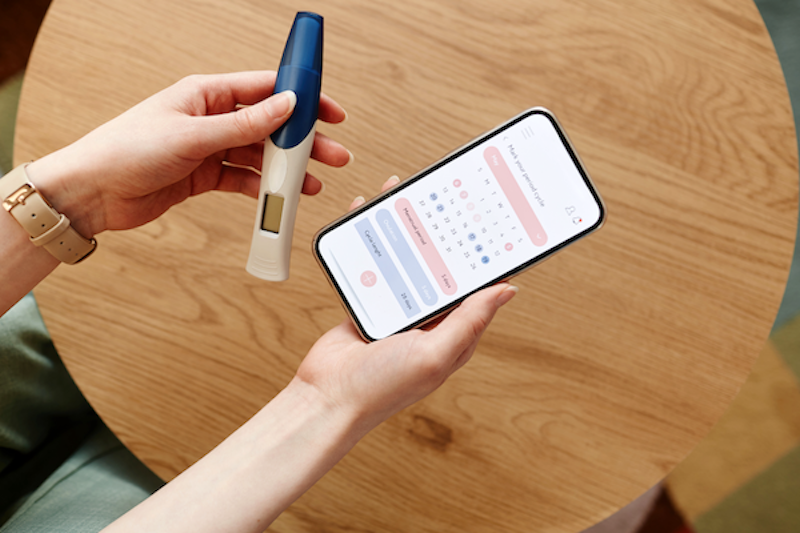OTC Antigen Tests, Finally
Months ago, Michael Mina wrote a great guest post for me on the promise of antigen testing for allowing more of a return to normalcy. Finally — finally — you can get these tests at home, over the counter. Check them out at Walmart, for example.
A reminder: these are tests for infectious virus (not antibody tests), and they are rapid tests. Please do read the original post or follow Michael if you want to here so very much more about rapid tests versus PCR, etc, etc. The bottom line is these tests are very good at detecting people who have infectious virus and are possible COVID spreaders.
You might ask: why do we need these, now that vaccination is more widespread? There are a bunch of reasons, but my simplest answer for the moment is kids. Many people are still trying to figure out what will be possible this summer in terms of getting together with other families, playdates and so on. Some of these decisions will come down to the virus situation, especially as vaccines ramp up. But rapid testing for unvaccinated children is a simple way to make any gatherings like this safer.
Vaccines and Fertility
I’ve written a number of times about vaccines, and the number one follow-up question I get is on fertility. People have heard vaccines affect fertility. Or, their babysitter heard that, or their sister, or their mom. “Is this Fake News?”, they ask me. Beyond that, even for people who are sure it is fake news, they are wondering where this came from?
First point: yes, this is fake news. There is simply no evidence that the COVID-19 vaccines impact fertility. There is no reason to think they would and no evidence they do. During the Pfizer trial, 23 people became pregnant. I have personally heard from a number of women who got pregnant after (or between) vaccines. None of this is “evidence”, but I mention it because sometimes anecdote gives reassurance.
But, you ask, where did this come from? This is a good summary piece on this question. To summarize, two anti-vaccine activists in Europe wrote a letter suggesting that the vaccine would generate antibodies to a protein (syncytin-1) which is crucial for the placenta. This isn’t true. The vaccines do generate antibodies to a spike protein in the SARS-COV-2 virus. This is how they combat COVID-19.
But this SARS-COV-2 spike protein is not the same as this particular placenta protein. There is simply no truth to this mechanism. Animal studies have not shown any evidence of infertility and, again, we’ve already seen people getting pregnant post-vaccine.
Hopefully this helps if you’re nervous. If you want a little more interactive version of this discussion, video Instagram post is here.
I hear your emails: what about menstruation? I heard the vaccines give you heavy periods? Yes, I heard this too. From what I can gather, this is something some women have mentioned. There is no systematic data, and no reason to think it would be the case. There are a couple of researchers studying it, so perhaps we will know more.
Community Guidelines





















